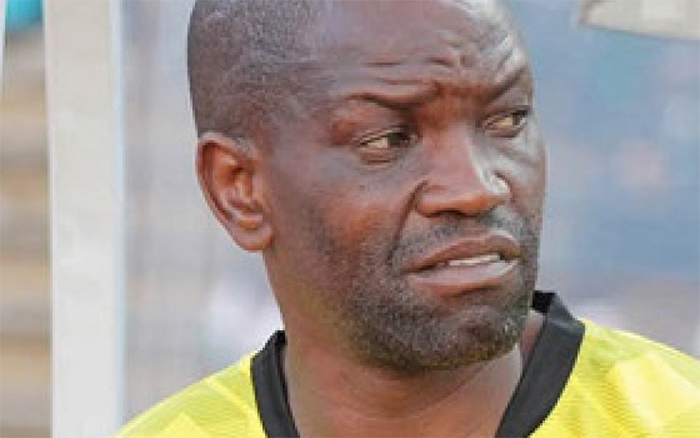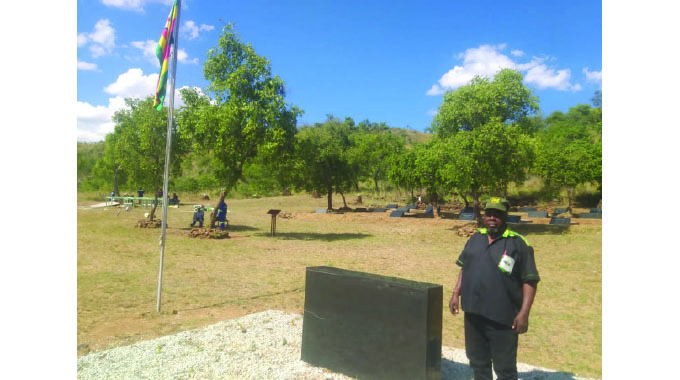A Eurocentric view of apartheid
Christopher Farai Charamba The Reader
Facebook has this feature, memories, where it reminds of your posts from time gone by. Those who are frequent users of the social media application might be familiar with these flash- backs.
Depending on how you lived your life and what you shared on social media some of the posts can be quite hilarious, while others will leave you wondering if you really looked or thought like that.
Over the weekend I bumped into a post from four years ago. It was the following quote I took from the book “The Power of One” by Bryce Courtenay
“Peekay,” he said, “in this world are very few things made from logic alone. It is illogical for a man to be too logical. Some things we must just let stand. The mystery is more important than any possible explanation. The searcher must search with humanity. Ruthless logic is the sign of a limited mind. The truth can only add to the sum of what you know, while a harmless mystery left unexplored often adds to the meaning of life.”
The words were Doc’s, a music teacher and botanist, an older friend to Peekay to whom he gave piano lessons.
“The Power of One” is a book set in the 1930s and 1940s South Africa. It is about an English-speaking boy, Peekay, who when he reaches the age of six attends and Afrikaans-speaking school where he is bullied for being of English origin.
After a couple of years at the school he moves to a town called Barberton to live with his grandfather and that is where he meets Doc. When Doc is arrested during World War II for being an unregistered alien, Peekay visits him in prison and continues his piano lessons there.
In the prison he joins the boxing club and fast becomes one of the best junior boxers in the country. Along the way Peekay meets a host of characters who provide him with interesting life lessons.
“First with the head, then with the heart,” a maxim he learnt from boxing champion Hoppie Groenwald, who inspired him to get into the sport.
There was also Geel Piet, a Coloured South African prisoner who becomes one of Peekay’s earliest boxing coaches in the prison.
The book provides interesting social commentary of South Africa under white rule but before apartheid had been fully institutionalised in 1948. Issues of race; black and white, Afrikaner and English, as well as the nature of cultural and religious differences.
Peekay manages to explore a host of religious, cultural and life practices.
When he was still a child and had a bed-wetting problem, it was a Zulu traditional healer Inkosi-Inkosikazi who heals him and introduces him to the concept of “the power of one”.
When he was a bit older he assisted the black prisoners to write letters to their famis and provide tobacco, which earned him the nickname “Onoshobishobi Ingelosi” the “Tadpole Angel”, Doc was considered the frog for his piano playing late into the night.
What is striking about the book “The Power of One” was how philosophical in thinking Courtenay was. The initial quote I extracted seeks to explain that not all things can be understood or are owed logical explanations.
It suggests that there are realms beyond this one that influence the function of human life but focusing on understanding them is a fool’s errand as it disallows one to enjoy the outcomes of whatever might have transpired.
In reading “The Power of One”, one cannot overlook the white saviour complex that is expressed through Peekay and Doc. Their “heroic” acts in the prison of writing letters and bringing the prisoners tobacco, as well as the fact that the black prisoners bestow Peekay with such a nickname serve to create this saviour complex.
Considering the time that the book was written, 1992 and the events of a changing South Africa, one can see why this whitewashing and attempted sanitisation of the colonial period was expressed, particularly to show the English as different from the Afrikaners who had championed apartheid.
This aside, “The Power of One” is an interesting read and the sequel “Tandia” falls into a similar category as “Cry, The Beloved Country” by Alan Paton in offering social commentary on the apartheid era, albeit being Eurocentric.






Comments